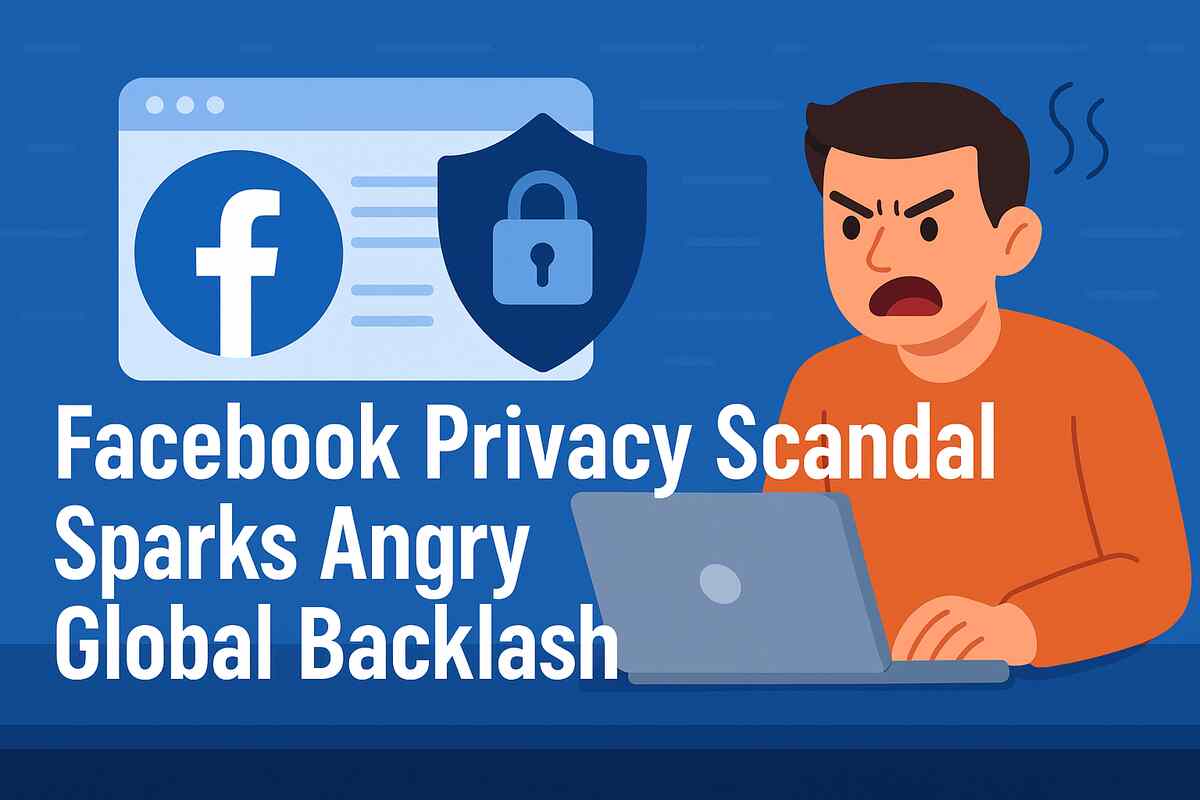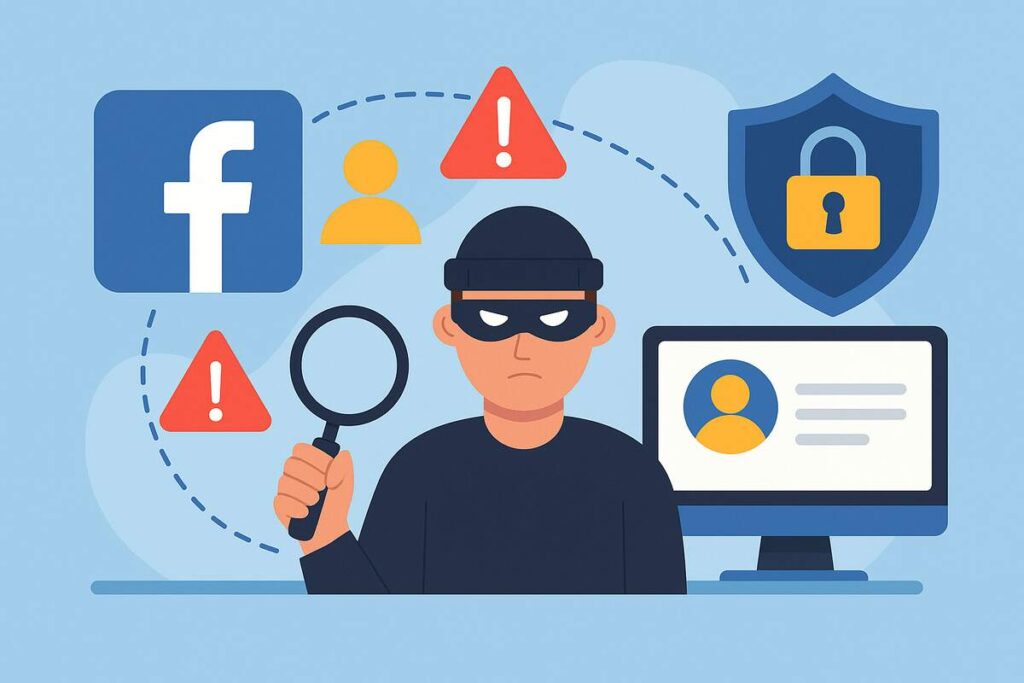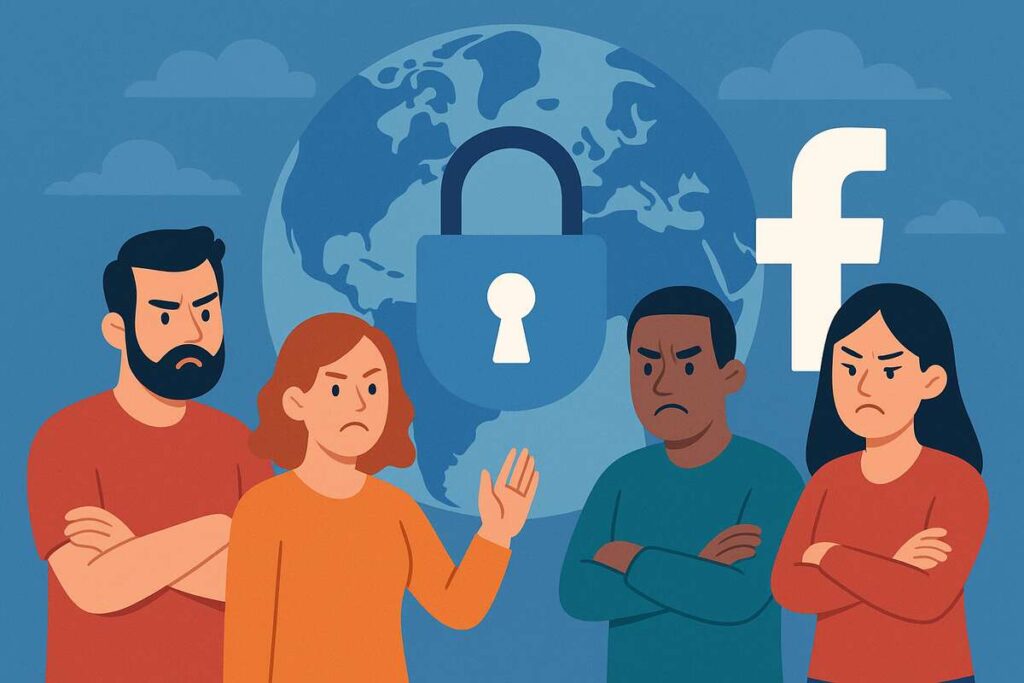Physical Address
304 North Cardinal St.
Dorchester Center, MA 02124
Physical Address
304 North Cardinal St.
Dorchester Center, MA 02124

The Facebook privacy scandal continues to echo across the globe, igniting widespread public outrage, governmental scrutiny, and a fierce debate about how user data is collected, stored, and monetized. What began as a revelation of unethical data sharing has snowballed into a full-blown crisis, eroding user trust and threatening the future of digital privacy regulation. With the platform’s vast user base spanning continents, the fallout from this scandal is nothing short of monumental. Understanding how this breach occurred, who was impacted, and what it means for the future of internet governance is now more critical than ever.

The core of the Facebook privacy controversy revolves around the unauthorized harvesting of user data and its use for political profiling. The most infamous case was the Cambridge Analytica incident, where data from over 87 million Facebook users was harvested without consent. This data was used to influence voter behavior during major elections, including the 2016 U.S. Presidential Election.

The effects of the Facebook privacy crisis have reverberated far beyond tech circles.
Users worldwide began questioning how much personal information was truly private. According to a Pew Research study, 74% of Facebook users adjusted their privacy settings or reduced app usage after the breach.
Governments responded swiftly:
In July 2019, the Federal Trade Commission (FTC) fined Facebook $5 billion for privacy violations—the largest such penalty in U.S. history. Yet, critics argue the fine was insufficient to create real behavioral change.

Facebook holds data on over 2.9 billion users. Even metadata like location, device type, and engagement habits can be exploited.
Facebook’s opaque data practices make it difficult for users to know what information is collected and how it is used.
With microtargeting tools, advertisers and political actors can deliver tailored messages that influence perception and behavior—often without users realizing it.
Following the scandal, Facebook implemented several changes:
However, watchdogs like the Electronic Frontier Foundation (EFF) argue these changes fall short of true accountability.
The Facebook privacy backlash has taken multiple forms:
This grassroots campaign encouraged users to delete their accounts to protest Facebook’s mishandling of data.
Class-action lawsuits have emerged across the U.S., Canada, and Europe, accusing Facebook of negligence and deceptive practices.
Major brands temporarily paused advertising on Facebook, citing ethical concerns.
Users experienced a loss of personal data control, making them susceptible to manipulation and exploitation.
In regions with authoritarian regimes, leaked user data put lives at risk by exposing political views and social connections.
Startups and small businesses reliant on Facebook ad tools faced scrutiny and transparency gaps that undermined their marketing effectiveness.
Privacy advocates argue that Facebook’s model, based on monetizing user data, is fundamentally at odds with ethical data stewardship.
Multiple lawsuits and fines have done little to deter future violations, sparking debate on whether stricter laws or platform breakups are needed.
The Facebook privacy crisis may mark a turning point in digital rights.
Countries are drafting stronger privacy frameworks, many modeled after the EU’s GDPR.
There is growing interest in platforms that prioritize user control and data sovereignty.
Awareness of privacy rights is increasing. Tools like ad blockers, VPNs, and encrypted messaging apps are more popular than ever.
The road to restoring trust is long. While Facebook has pledged improvements, users and regulators remain skeptical. Real change will require not only technical upgrades but also cultural transformation within the company. Until then, the Facebook privacy scandal serves as a cautionary tale for the entire tech industry.
The Facebook privacy scandal sparked an angry global backlash and intensified debates about digital ethics, platform accountability, and the future of online privacy. From billion-dollar fines to global protest movements, the repercussions continue to unfold. This pivotal moment in digital history underscores the need for transparent data practices and robust privacy protections in our hyperconnected world.